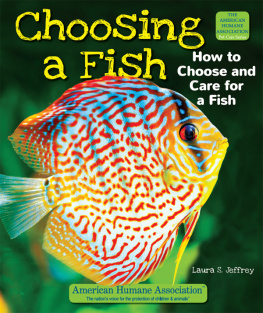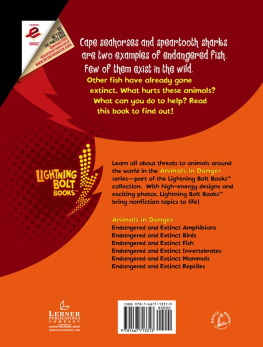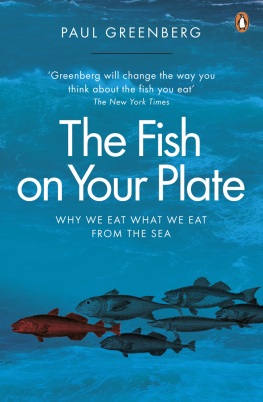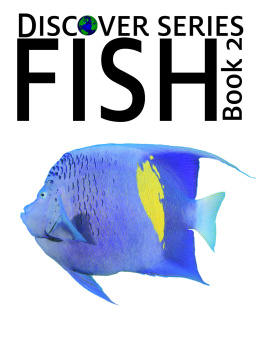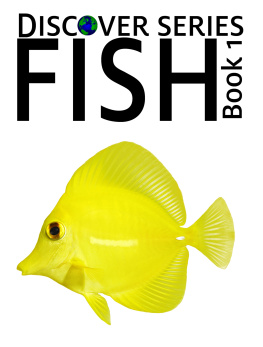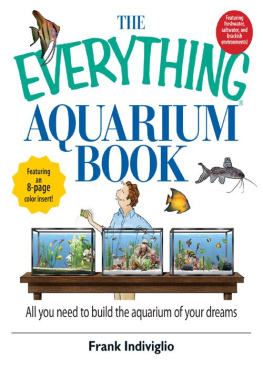Thank you for downloading this Scribner eBook.
Join our mailing list and get updates on new releases, deals, bonus content and other great books from Scribner and Simon & Schuster.
C LICK H ERE T O S IGN U P
or visit us online to sign up at
eBookNews.SimonandSchuster.com
We hope you enjoyed reading this Scribner eBook.
Join our mailing list and get updates on new releases, deals, bonus content and other great books from Scribner and Simon & Schuster.
C LICK H ERE T O S IGN U P
or visit us online to sign up at
eBookNews.SimonandSchuster.com

SCRIBNER
An Imprint of Simon & Schuster, Inc.
1230 Avenue of the Americas
New York, NY 10020
www.SimonandSchuster.com
Copyright 2016 by Emily Voigt
All rights reserved, including the right to reproduce this book or portions thereof in any form whatsoever. For information, address Scribner Subsidiary Rights Department,
1230 Avenue of the Americas, New York, NY 10020.
First Scribner hardcover edition May 2016
SCRIBNER and design are registered trademarks of The Gale Group, Inc., used under license by Simon & Schuster, Inc., the publisher of this work.
For information about special discounts for bulk purchases, please contact Simon & Schuster Special Sales at 1-866-506-1949 or .
The Simon & Schuster Speakers Bureau can bring authors to your live event. For more information or to book an event, contact the Simon & Schuster Speakers Bureau at 1-866-248-3049 or visit our website at www.simonspeakers.com.
Interior design by Kyle Kabel
Jacket design by Nakim
Jacket photograph by Shelookred Indonesia (Pt. Inti Kapuas International)
Illustration accompanying the species description of the Asian arowana by Salomon Mller and Hermann Schlegel, 1840.
Library of Congress Cataloging-in-Publication Data is available.
ISBN 978-1-4516-7894-9
ISBN 978-1-4516-7896-3 (ebook)
ART CREDITS
Title page: Courtesy of The Naturalis Museum, Leiden, Holland; : Courtesy of The Natural History Museum, London
For Jeff
&
For my mother and father
The truth is that we never conquered the world, never understood it; we only think we have control. We do not even know why we respond a certain way to other organisms, and need them in diverse ways, so deeply.
Edward O. Wilson, Biophilia
Contents
A Note on Names
This story spans fifteen countries across which naming practices vary widely. In traditional Chinese names, for example, the family name precedes the given name, while many Indonesians have only one name. When deciding how to refer to someonewhether by first or last name where the choice existsI have done so based on what I feel will be most memorable to the reader while aiming for consistency and taking into account my relationship to the person.
Sources: Ng Heok Hee, Maurice Kottelat, and Tim M. Berra
Prologue
TAIPING, MALAYSIA, MAY 11, 2004
C han Kok Kuan still wasnt home. Too worried to sleep, his father, Chan Ah Chai, stood at the window watching for a sign of his son through the blinding downpour. The rain had started at midnight and was still pummeling the ground at 4:00 a.m.flooding the streets and overflowing the lakes in the public gardens, where the century-old saman trees stretch their massive canopies over Residency Road.
A wiry, exuberant man of thirty-one, the younger Chan was not the type to stay out late without calling. He had been home for dinner that evening, as usual, after working all day at the aquarium shop he opened a few years back. Even as a child, he had loved anything with fins. Now he was expert in one species in particular: the Asian arowana, the most expensive tropical fish in the world.
In Chinese, the creature is known as lng y , the dragon fish, for its sinuous body plated with large scales as round and shiny as coins. At maturity, the primitive predator reaches the length of a samurai sword, about two to three feet, and takes on a multihued sheen. A pair of whiskers juts from its lower lip, and two gauzy pectoral fins extend from its sides, suggesting a dragon in flight. This resemblance has led to the belief that the fish brings prosperity and good fortune, acting as a protective talisman to ward off evil and harm.
The popularity of the species exploded around the time that Chan Kok Kuan quit his job as a welder to pursue his dream of selling exotic fish. Rumors swirled that a single rare specimen had fetched $150,000 from a Japanese buyer. Though Chan didnt cater to such elite collectors, he had an eye for selecting arowana that were healthy and strong, with the most desirable metallic luster and aggressive bearing. As many as fifty occupied his store at a time, each isolated in its own tank to prevent the fish from fighting to death. Most were young, between the size of Chans palm and his shoe, and sold for up to $1,500 apiece to local aficionados and dealers who distributed them throughout the world.
One such businessman had called earlier that afternoon, asking to buy the remainder of his stock. His father, helping out at the shop as he did everyday, had overheard the conversation and warned his son to accept only cash. Now, as the elder Chan peered out the window through the torrential deluge, he wondered if the boy had returned to the shop after dinner to meet this buyer and decided to wait out the storm. Around 6:00 a.m., as soon as the rain stopped, the father climbed onto his motorbike and drove downtown.
It was a beautiful morning. The air smelled of wet earth, and the streets shone black and slick, puddles shimmering as the sun emerged from behind parting clouds. The tranquillity of the town reassured Chan Ah Chai, who had lived all his sixty-four years in Taiping, a former colonial hill station popular among retirees seeking a quiet life. After toiling in a rubber factory for three decades, he now relished his days feeding fish, changing water, and packing orders with his son.
Turning into the familiar row of shophouses on Jalan Medan Bersatu, he saw that Kuan Aquarium was still shuttered. But as he slipped off his motorbike and moved closer to the door, he noticed the padlock was missing. Lifting the grille, he stepped gingerly into the dark, narrow space crowded with gurgling aquariums that cast a dim fluorescent glow. When his eyes adjusted to the light, he saw that the shop was tidy as ever, goldfish and guppies swimming idly in their tanks.
Taking a step forward, however, his shoe crunched on broken glass, and he looked down to see a streak of crimson on the concrete floor. Blood led to more blood, tracks suggesting a wounded animal trying to escape on all fours. What the father encountered at the end of this grisly trail would sear itself in his mind, waking him in the night for the rest of his life: his sweet boy lying crumpled on the ground, stabbed ten times. He was deadviciously slashed, his neck slit so deeply he was nearly decapitated.
The old man began to shake uncontrollably as he stumbled outside, calling for help. But it was too late. The police would find neither a murder weapon nor a single fingerprint. The victims wallet was still in his pocket, contents intact. Only one thing was missing. Above Chan Kok Kuans lifeless body, the tanks of the Asian arowana loomed empty. All twentysome dragon fish were gone.


